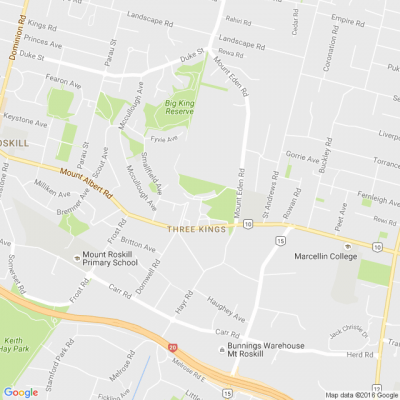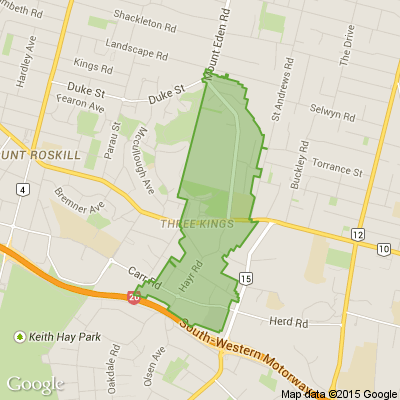UoA Research Study Participants Needed
Kia ora koutou,
My name is Katerina and I am currently working towards a Masters Thesis in Psychology at the University of Auckland.
We are looking to find out how a large sample of healthy New Zealanders perform on a small number of tasks involving social cognition (understanding what other people are thinking and feeling) and executive function (planning and problem-solving) and on measures of well-being and social connectedness. This will provide information about the normal range of performance and may provide a useful comparison in future studies involving people with neurological problems.
The study will take no longer than 1 hour of your time and you will receive a $20 Countdown voucher for participation. The study will take place at the School of Psychology, Science Centre, 23 Symonds St.
If you are interested, please email me at eger856@aucklanduni.ac.nz and I can arrange a call to check eligibility and provide more information.
Thank you for your interest and time in reading this post!
Ngā Mihi
Katerina
This study has been approved by the University of Auckland Human Participants Ethics Committee on 15/12/2023 for three years. Reference Number UAHPEC26994.

What word sums up 2024, neighbours?
If 2020 was the year of lockdowns, banana bread, and WFH (work from home)....
In one word, how would you define 2024?
We're excited to see what you come up with!

Share your summer photos! 📷
Taken some beautiful snaps lately? Whether it's rainbows, sunsets or a beautiful summer's day, we'd love you to share the joy with us.
Share a photo in the comments below

Out with the Old, In with the Confusing!
I have hands but can’t clap.
What am I?
Do you think you know the answer to our daily riddle? Don't spoil it for your neighbours! Simply 'Like' this post and we'll post the answer in the comments below at 2pm.
Want to stop seeing riddles in your newsfeed?
Head here and hover on the Following button on the top right of the page (and it will show Unfollow) and then click it. If it is giving you the option to Follow, then you've successfully unfollowed the Riddles page.








 Loading…
Loading…




